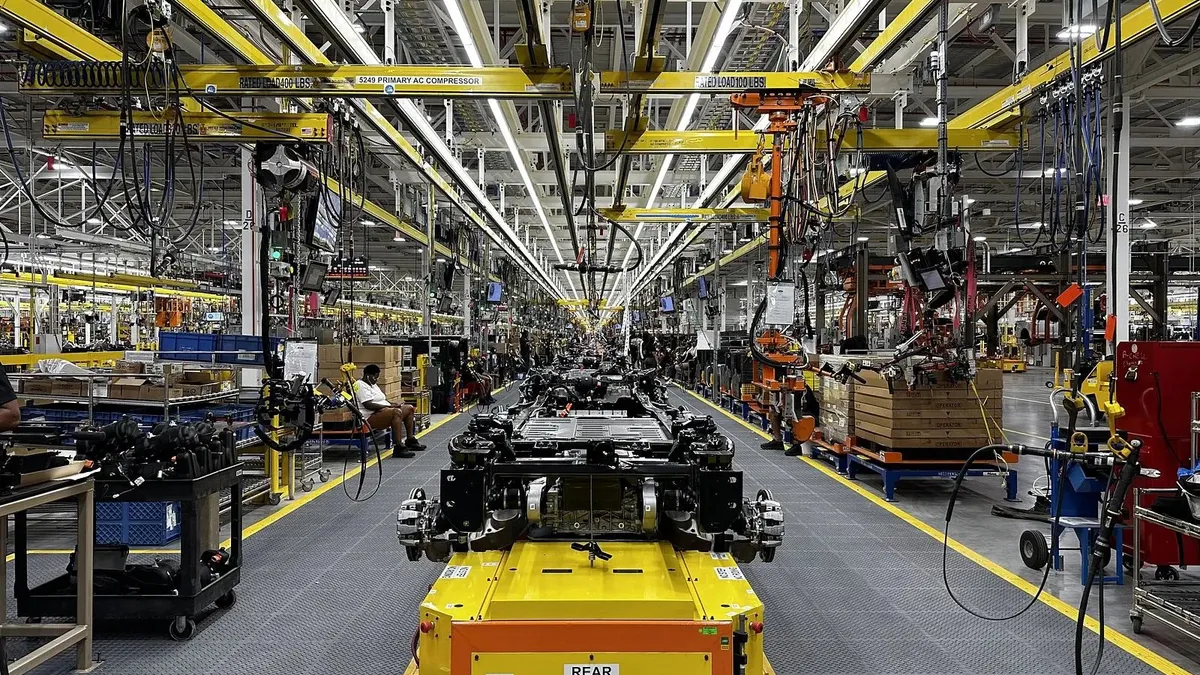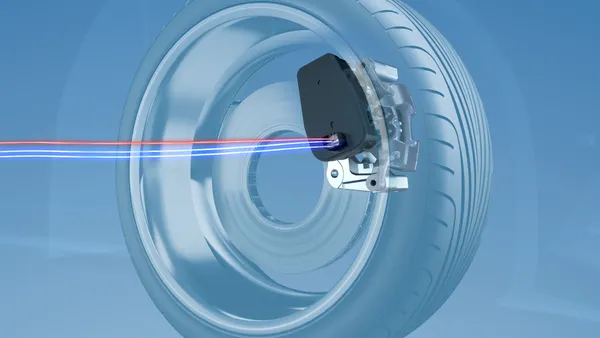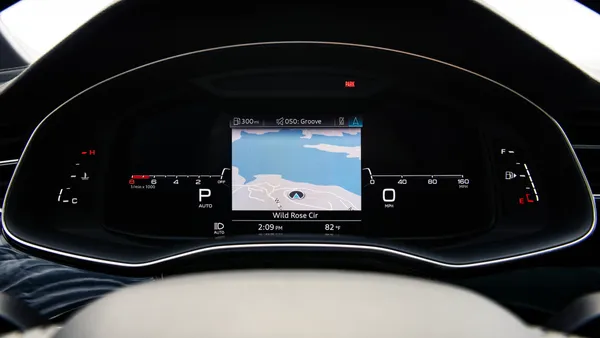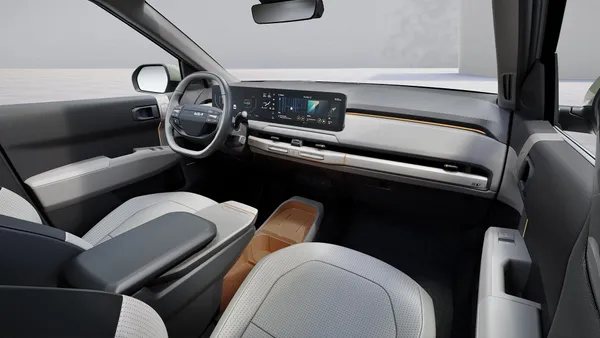The automotive industry stands at a crossroads. After decades of market dominance, European and American carmakers now face intense competition from Chinese manufacturers, particularly in the electric vehicle (EV) segment. To regain a competitive edge, automobile manufacturers are increasingly turning to technologies, with Artificial Intelligence (AI) being perhaps the most promising tool.
AI has the potential to drive significant improvements across both in-vehicle features and broader business operations. This includes everything from autonomous driving and advanced driver assistance systems (AD/ADAS) to connected vehicle systems; from manufacturing to supply chain management; from data management ecosystem to IT infrastructure maintenance. A recent study by Deloitte underscores the transformative power of AI, noting that 79% of businesses expect generative AI alone to be a major disruptor within the next three years. In this article, we explore how AI is reshaping the future of the automotive industry.
Automotive market dynamics
The automotive industry is undergoing a transformative period driven by several key factors. First, the European market, once a cornerstone of global sales, is experiencing a decline. This downturn is attributed to various factors, including economic uncertainties, rising costs, and shifting consumer preferences.
Second, the EV era is reshaping the industry, compelling legacy carmakers to adapt their production processes and expand their product portfolios. Simultaneously, the integration of digital technologies is creating new opportunities for connected and autonomous vehicles. This convergence of trends leads to increased competition from established players and emerging tech companies.
AI adoption is a critical component of this shift. It is among the innovations that can boost operational efficiency for Original Equipment Manufacturers (OEMs), reduce costs, generate new revenue streams, and enhance the overall driving experience. In the near future, AI can help OEMs adapt to changing market dynamics and sustain their competitiveness.
AI in the automotive industry
Intensified competition is driving the automotive industry to seek new revenue models. According to The Washington Post, U.S. automakers are increasingly focused on adding value through software subscription services—a strategy that often involves further integration of technologies like AI, especially generative AI. Companies are actively exploring AI’s potential to enhance customer experience and boost productivity. Here are some of the technology’s high-impact applications:
AD/ADAS
AI is at the core of modern AD/ADAS as it plays an essential role in perception and sensing capabilities of modern vehicles. Computer vision algorithms, which are rooted in deep learning, process data from cameras, LiDAR, and radar sensors to identify and classify objects like pedestrians, vehicles, traffic signs, and road markings. Among other capabilities, these systems can detect lane boundaries, measure distances to surrounding objects, and monitor blind spots with increasing accuracy.
Simultaneously, neural networks contribute to decision-making and path planning. They help vehicles grasp complex traffic scenarios, predict the behavior of other road users, and, based on gathered information, determine optimal driving trajectories. For instance, AI algorithms can anticipate the timing when another vehicle is likely to change lanes. This approach enables proactive rather than reactive responses to changes in the environment. Below, you can find other areas where AI is making a difference:

Connected vehicles
AI can transform connected vehicle services by enabling vehicles to process and act upon real-time data generated through Vehicle-to-Vehicle (V2V), Vehicle-to-Infrastructure (V2I), and Vehicle-to-Network (V2N) communications. These interconnected systems create a complex web of data exchange that AI solutions can help manage and optimize.
Together, these connected vehicle systems contribute to a more intelligent transportation ecosystem. For example, when a vehicle encounters hazardous road conditions, they can simultaneously alert nearby vehicles through V2V, notify infrastructure management systems through V2I, and update cloud-based services through V2N to inform other vehicles that might be heading toward the area. Here is a snapshot of the AI’s application in connected vehicle services:

Gen AI for R&D
Generative AI, with its capability to generate new data, can make a substantial impact on the R&D process in the automotive industry. According to the 2024 McKinsey survey, requirements engineering, software testing and validation, and product design and optimization are the most popular areas of experimentation. A significant majority (75%) of survey participants are actively testing generative AI tools, and all remaining companies (25%) are going to follow the trend in the near future.
Generative AI is a strategic priority for automotive manufacturers, underscored by significant investment. Over 40% of companies surveyed have allocated up to €5 million to generative AI in R&D, while some have invested over €20 million.
Materials science and development is another area where generative AI shows promise (especially in light of Google’s recent advancements). The technology can predict material properties, suggest novel material combinations, and optimize material selection for specific applications. This accelerates the development of new materials with improved characteristics for automotive applications, from battery components to structural elements.
Takeaways
We’ve entered an era that fundamentally reimagines what a vehicle can be.. AI has emerged as both a lifeline and a complexity multiplier. The technology can be a solution to critical challenges in autonomous driving, manufacturing efficiency, and customer experience, but it also demands an approach that balances opportunities with limitations.
The success of AI integration will likely determine which manufacturers thrive in this new landscape. Those who can effectively harness AI across their operations, from the factory floor to the customer's smartphone, and sustain the core aspects of automotive excellence will be best positioned to compete. But the path forward is all about creating a cohesive ecosystem where technology elevates rather than complicates the driving experience.
Avenga is a trusted technology partner that has worked with Audi, BMW, Opel, and other industry players. If you’re interested in learning more about the integration of AI into your business, contact us.










